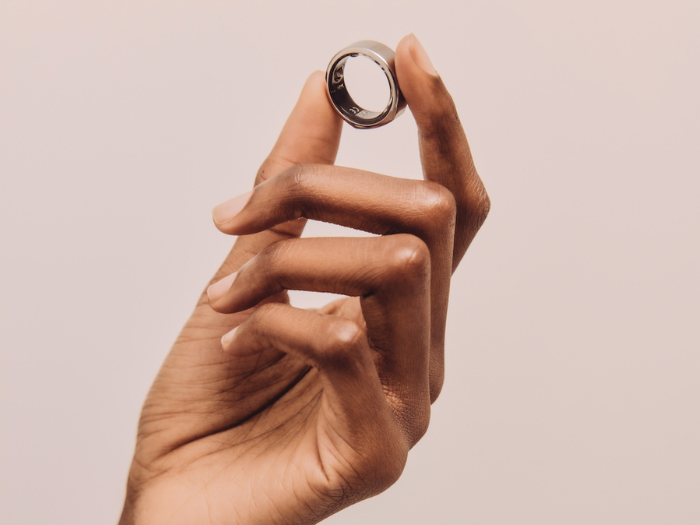When you get sick, your immune system has a lot of strategies it can deploy to help you heal. All of this action requires a lot of energy and usually shows up as signs of strain in your body that you can read through your body temperature, heart activity, respiration, and sleep or activity patterns.
If you’re concerned and feel like you’re getting sick, keep an eye out for these four signs of strain in the Oura App. Remember to compare them to your normal baseline.
| Member Tip: When you turn on Rest Mode, Oura will temporarily snooze your Activity Score and Activity goals so you can focus on rest. Rest Mode also helps you tag your symptoms to monitor your recovery progress. |
1. Increase in Body Temperature Trends
As part of your immune system powering up to fight infection, your body usually raises an inflammatory response. Inflammation does exactly what it sounds like—“flame”—it heats your body up. Severe infections can even turn up the heat enough that your body generates a fever.
An individual’s body temperature typically changes by about 1 °C (1.8 °F) between its highest and lowest points each day. Anything outside of that range signals that something is challenging your body and preventing it from maintaining your ideal temperature range. Keep in mind that internal changes (e.g., a fever) or external changes (e.g., a warm bedroom) can both cause temperature changes.
2. Increase in Respiratory Rate
If a respiratory infection or cough is challenging your system, you may see an elevated respiratory rate in your Oura App. A typical respiratory rate for healthy adults is 12–20 breaths per minute. Keep in mind that hormone cycles can also impact your respiration, and illness may cause your rate to remain relatively high for some time after the actual symptoms have disappeared— letting you know your body is still recovering. Read more about what can impact respiration here.
3. Increase in Resting Heart Rate or Decrease in Heart Rate Variability
As your body fights an illness, it engages your sympathetic, fight-or-flight nervous system. This activity increases your resting heart rate and decreases your heart rate variability.
4. Changes in Sleep or Activity
If your body is prioritizing rest, it’s natural to spend more time in bed for your body to recover. You may engage in lower amounts of activity or notice that your body shows patterns of prioritizing deep sleep, which is the most physically restorative sleep stage.
| Member Tip: Spot sickness before it slows you down. Oura’s Symptom Radar feature can help you detect signs that you may be getting sick, so you can proactively prioritize rest and recovery. |
RELATED: How Oura Ring Data Could Help Identify Early COVID-19 Symptoms
The Oura Ring is not a medical device, and is not intended to diagnose, treat, cure, monitor, or prevent medical conditions or illnesses.











